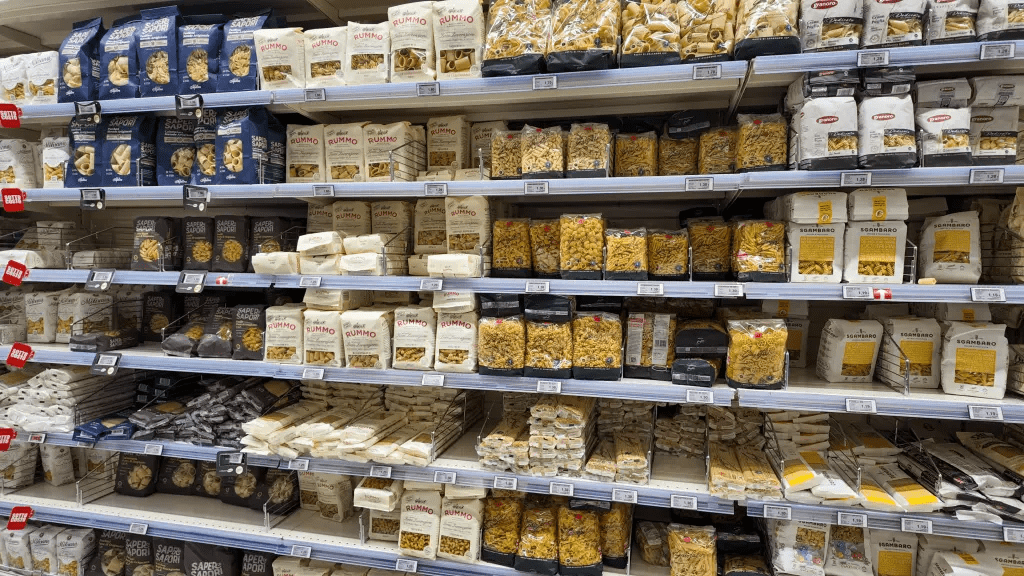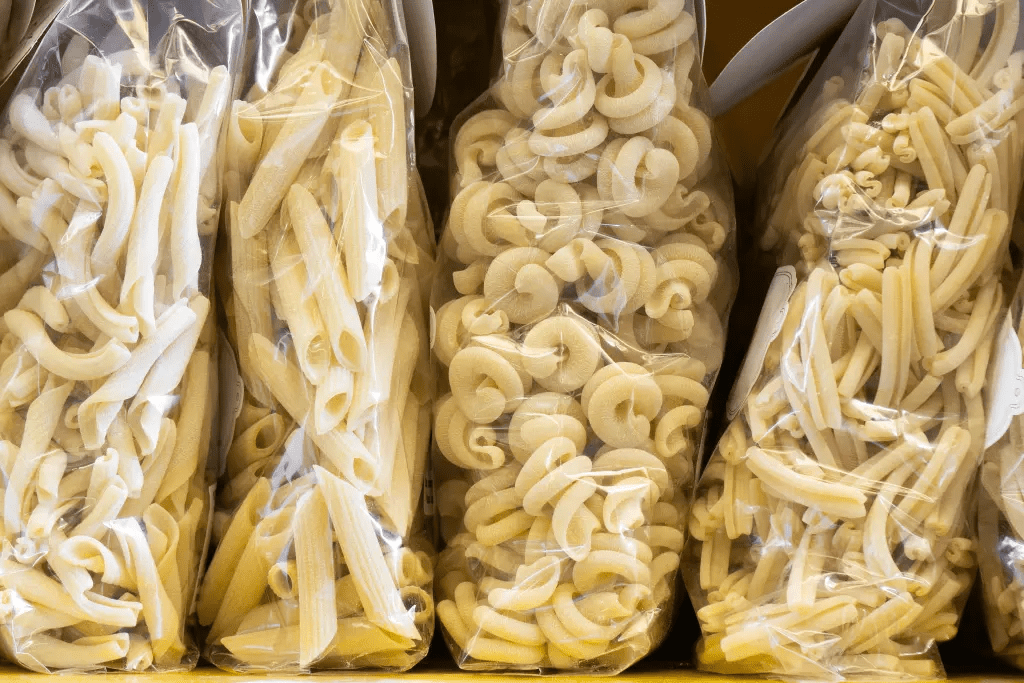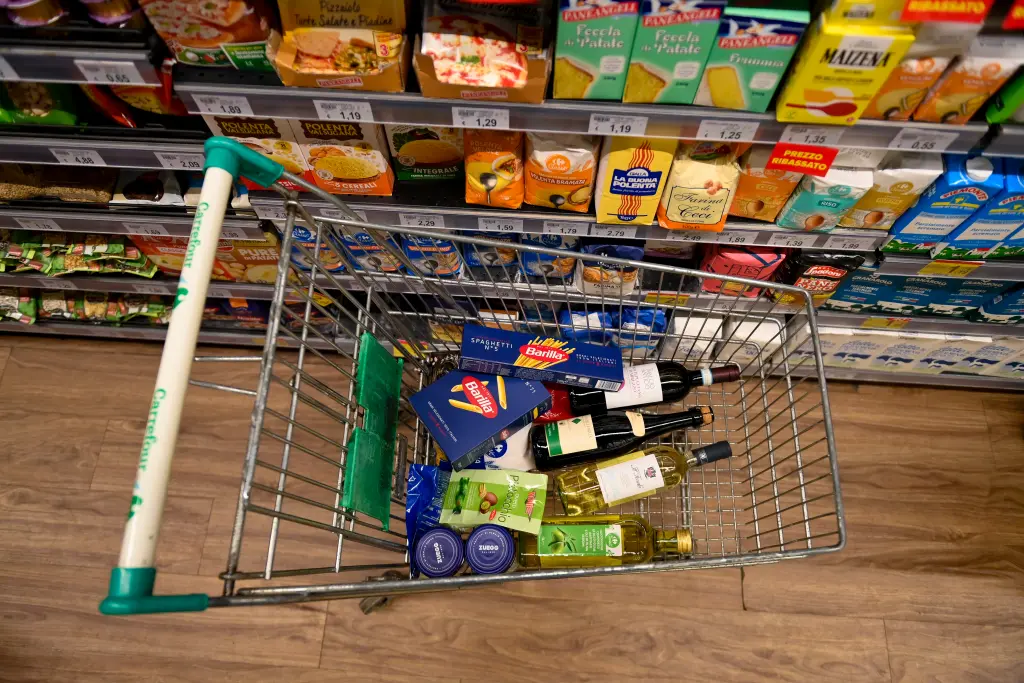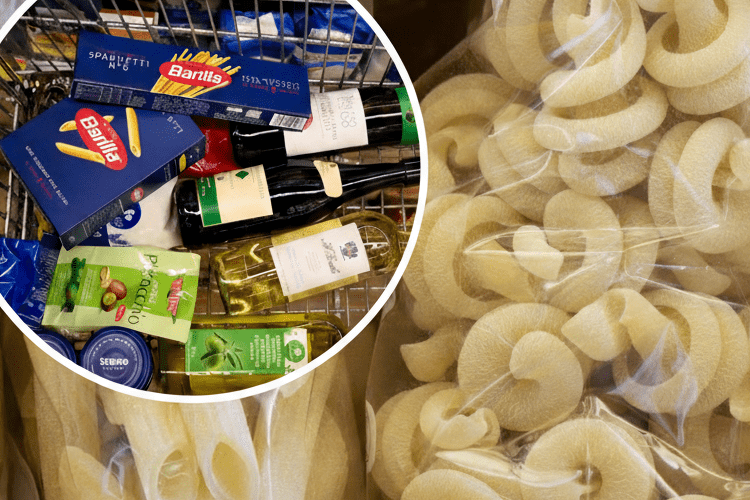13 Major Italian Pasta Brands Could Vanish from U.S. Shelves as 107% Tariffs Kick In!
Shoppers in American grocery stores may soon face an empty pasta shelf—or at least one dramatically changed—after a startling announcement pushed the issue into the spotlight. The U.S. Department of Commerce has recommended imposing preliminary anti-dumping tariffs of 91.74 % on 13 major Italian pasta producers, on top of the existing 15 % tariff on European Union goods—effectively putting the total tariff rate near 107 %.
The companies spotlighted include well-known names like Barilla, La Molisana and Pasta Garofalo—brands that helped define “made in Italy” pasta. The probe focused on exports sold between July 2023 and June 2024, during which time the Commerce Department concluded that two firms had failed to cooperate with the investigation or provide adequate documentation, triggering a wider application of the tariff to the full group.

Italy exported over €4 billion (approximately $4.7 billion) worth of pasta in 2024, with the U.S. market absorbing roughly 12 % of that volume. Under the proposed tariffs, it is estimated that Italian-made pasta could suddenly become cost-prohibitive in the U.S., with price increases and possible withdrawal of brands entirely. Some experts say the tactic seems unusual because the U.S. market is dominated by domestic manufacturers, yet Italy’s premium pasta exports retain cultural and economic significance.
From a U.S. policy perspective, this move fits within the broader “America First” trade agenda under Donald J. Trump—one that has targeted specific imports and reinforced industrial protection. Critics in Europe describe the action as “hyper-protectionist,” with Italian ministers and the European Commission calling the assessment flawed, politically motivated, and risking retaliation at the World Trade Organization.

For U.S. consumers, the implications are real and immediate. Imagine paying double for your favourite imported fusilli—or seeing it altogether absent from your supermarket shelves. For Italian producers, this tariff threatens a major export market and invites severe disruption. The long-term consequences may ripple through global food trade and senior trade policy alike.
As the tariffs are still preliminary and subject to review early-2026, the affected brands are urging the U.S. to reconsider. But with the clock ticking toward January when they may take effect, shoppers, brands and policymakers are scrambling to prepare.




